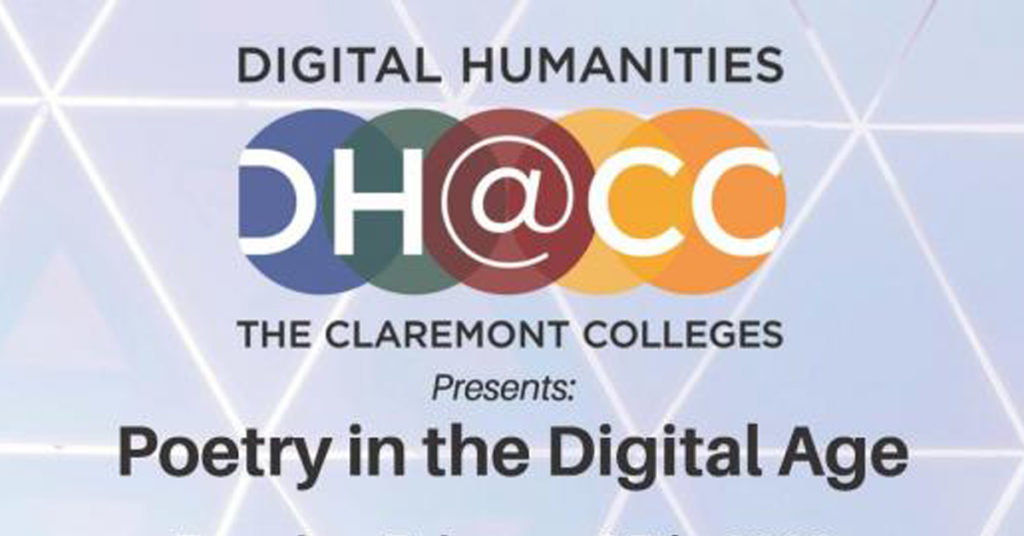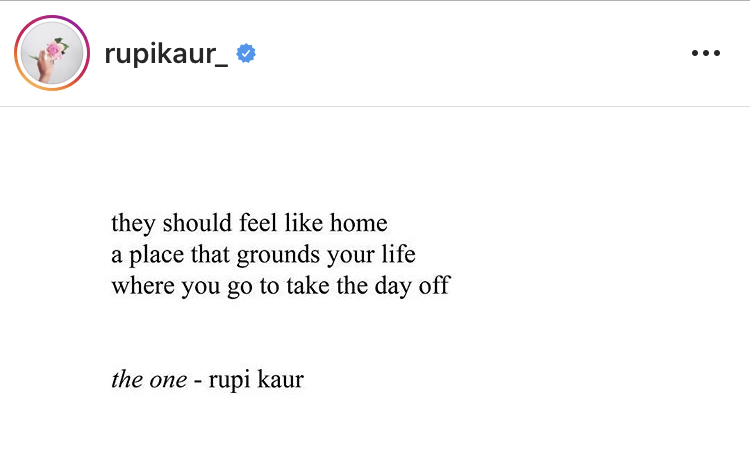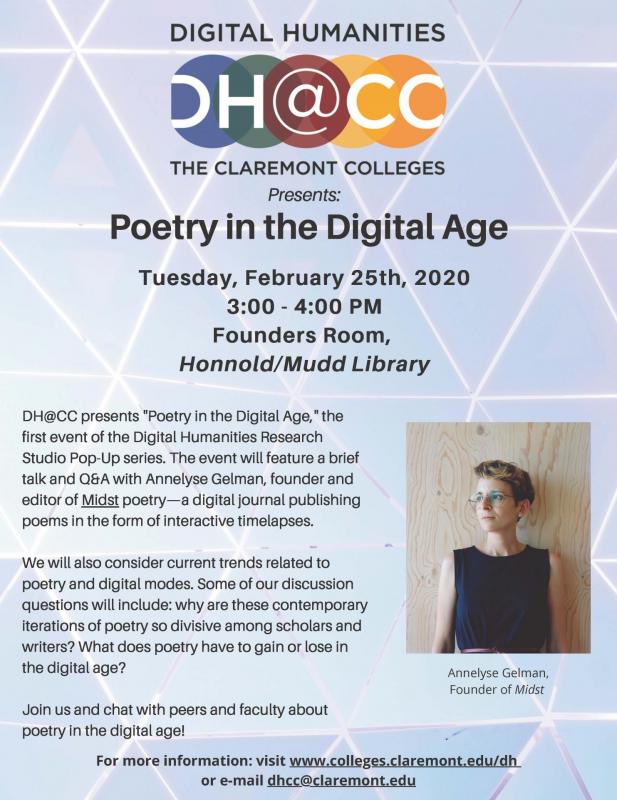What does Poetry Lose or Gain in the Digital Age?

At the end of 2019, the New Republic published an article titled, “Rupi Kaur is the Writer of the Decade.” The news of this article and the implications of giving Kaur this title caused a lively online discussion, highlighting what people are both excited and worried about concerning poetry in the digital age—what does poetry gain or lose?

The birth of instapoetry is certainly one of the more popular (if not most popular) ways that poetry has lived, and thrived, online. Issues surrounding portability and readability has also given rise to the proliferation of born-digital literary journals, which has provided greater accessibility and visibility for journals and writers.
Some born-digital journals have used technology to reimagine representations of poetry. Midst poetry, for example, allows readers to experience the writing process of a poem through time lapses. Additionally, the genre of electronic literature has made it possible for writers and artists to imagine and create literary experiences that are impossible in print—pushing the limits of what it means for literature to be bound by the physical page or book.
Reactions to these various iterations of poetry in the digital age are divided—regarding instapoetry and Kaur, some are unimpressed and annoyed (maybe even a little angry) with Kaur’s work, generally citing a lack of craft and thoughtfulness. Does instapoetry qualify as poetry? Can a poem be successful within the confines of an instagram square? Others appreciate that her writing has been a gateway for many to come to appreciate poetry, and refute the “high-brow” criticism that her work is somehow “less-than.” With born-digital journals and electronic literature, some express that literature loses some inherent value or integrity when it isn’t read in physical print, while others are excited by the prospect of new paradigms for literary art.
These are a few among many topics of discussion that are a part of the literary climate. For those in the literary community, both scholars and non-scholars, these conversations are not about to go away any time soon. Who knows? Maybe a future Kingsley Tufts or Kate Tufts Award could go to a digital publication one day.
—Stacey Park
For those in the Claremont area, join me for a Digital Humanities Research Studio Pop-up event titled, “Poetry in the Digital Age.” The event will feature a brief talk and Q&A with Annelyse Gelman, founder and editor of Midst poetry. We will also have an open discussion about a few of the aforementioned topics.

Tuesday, February 25th from 3:00–4:00 PM at the Founders Room in the Honnold/Mudd Library. Click here for more information.
For more on poetry in the digital age, check out previous Blogger-in-Residence Cassady O’ Reilly-Hahn’s series parts one, two, and three about poetry in the tech era.
Share